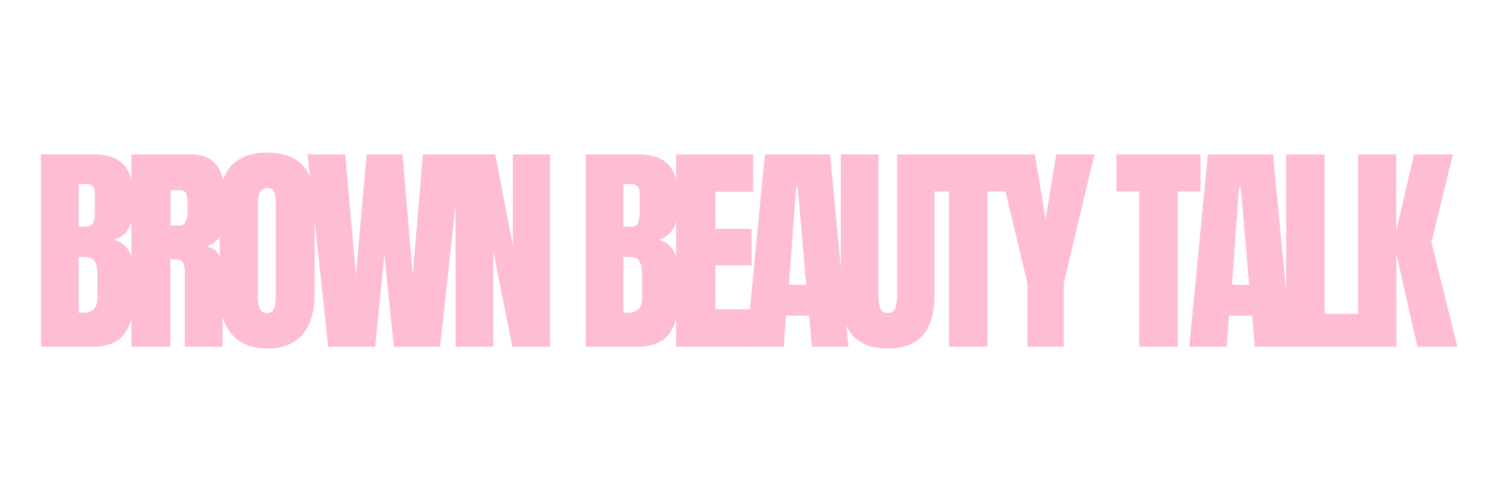Beauty treatments come in all shapes and sizes and there are many different professionals you can visit to sort out your skin.
In order to help explain, we look at the differences between beauty therapists, aestheticians and dermatologists and equip you with the knowledge to decide when you would go to one rather than the other.
Beauty Therapists
Beauty Therapists are qualified to perform facial treatments like facials, waxing, eyebrow threading, manicures and massages.They are professionals with a good knowledge of topical beauty treatments for cosmetic purposes.
Aestheticians
Generally, you must qualify in beauty therapy to a certain level before undertaking professional aesthetic training. Aesthetic courses involve deeper learning about anatomy, skin science, clinical practice and related safety procedures.
Fully qualified aestheticians can offer services such as lasers, micro needling, chemical peels and non-surgical procedures. They have to operate in a clinical environment as these treatments go beyond superficial beauty therapy.
A beauty salon offering advanced treatments, should be able to confirm they have a suitably qualified aesthetician. All therapists should demonstrate their qualifications and be fully insured for each procedure. Ideally, they should belong to a professional beauty or aesthetics association.
Dermatologists
A dermatologist is a doctor who has completed medical school and taken several years of post-graduate specialisation in dermatology. Dermatology is a complex discipline and not to be taken lightly. The word “derma” means skin, and dermatology covers skin issues, diseases like psoriasis, vitiligo, eczema, burns, skin health and surgery.
If you have a skin disease and you go to your GP for problems requiring extra attention or prescription medication, you might be referred to consultant dermatologist for treatment. Cosmetic dermatology is a specialised area that focuses on skin problems, advanced beauty or cosmetic treatments, in the area known as Aesthetics.
A cosmetic dermatologist may run a clinic and offer aesthetic procedures like an aesthetician, but as a doctor, this dermatologist will be qualified to offer surgical and medical treatments as well. In addition, they will also be able to prescribe and advise about problems from a medical point of view.
All UK doctors should be listed on the General Medical Council (GMC) register and dermatologists may also be member of a dermatology or aesthetic association.
Why qualifications matter
Most beauty treatments are perfectly safe, it is just a matter of finding a practitioner with the correct level of training. The UK beauty industry is not as well regulated as it could be but there are many brilliant practitioners out there - we just want to help you find them.
So, if you are looking for topical beauty treatments that involve pampering, a makeover or relaxation, please go to a beauty salon.
For injectables, or non-surgical treatments, please find an aesthetic clinic. There may be a doctor/dermatologist, registered nurse or an aesthetician in charge, but do seek assurance they are qualified to perform aesthetic cosmetic procedures. Always ask questions and do your research. Shop around.
For medical skin related issues, please see your GP and a dermatologist. This is what they are trained for and usually outside of the remit of aesthetics.
Do I need to see a skincare expert who specialises in Black skin?
Yes! Whichever route you take, be very sure that the professionals you use have experience of treating Black and Asian clients. Many skin conditions and treatments may manifest differently on Black and Asian skin compared to other ethnicities. Professionals need to be familiar with these differences in order to know how best to adapt to the needs of Black and Asian skin.
As before, feel free to ask any questions, experienced and qualified professionals will be happy to answer and give you the reassurance you need.







